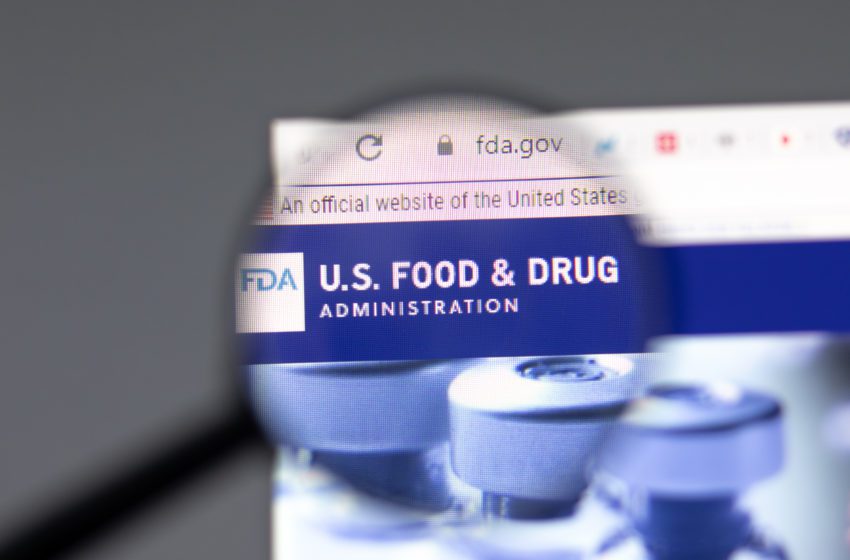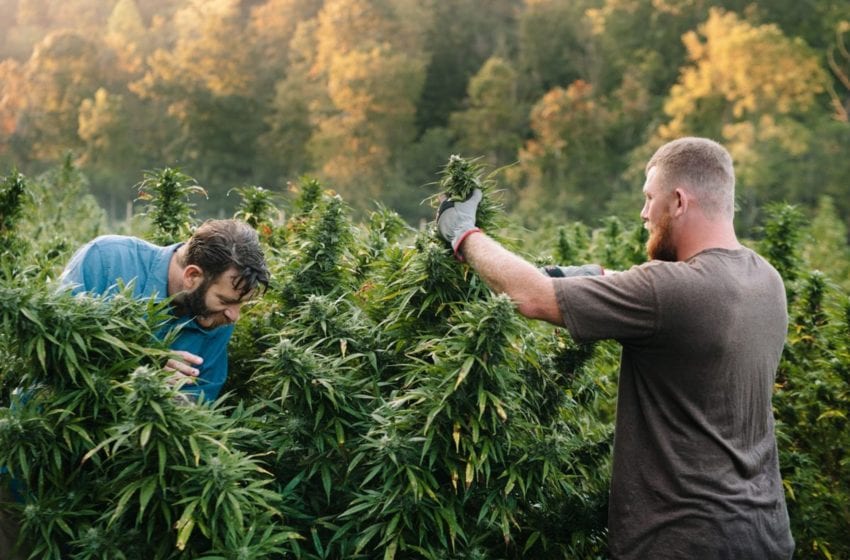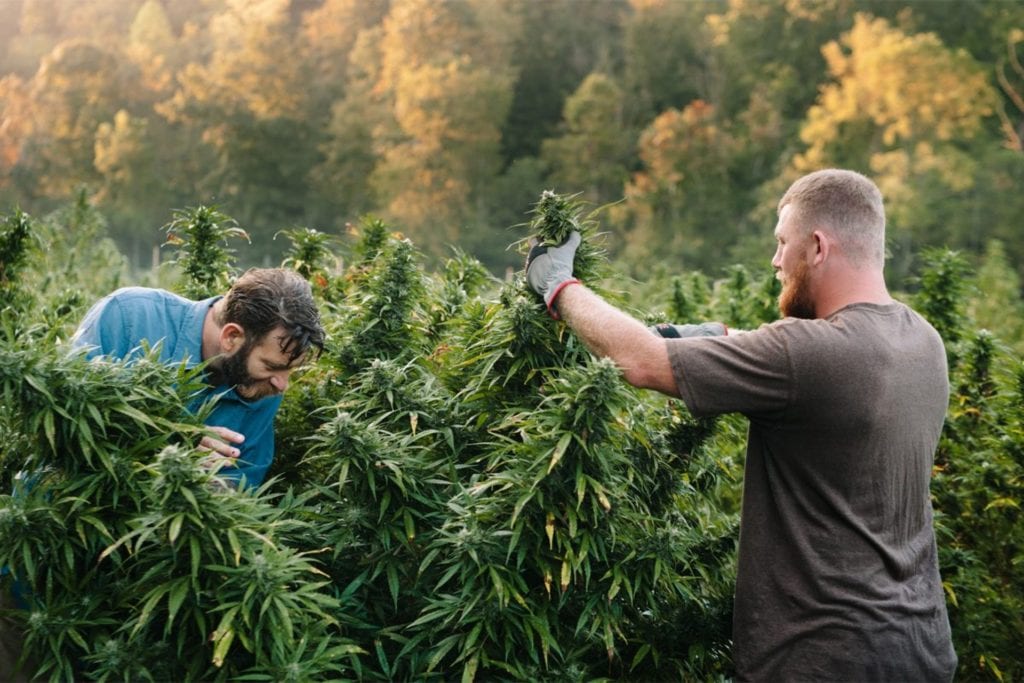Minnesota Attorney General Keith Ellison personally opened his state’s case against Juul Labs on Tuesday, accusing the e-cigarette maker of using “slick products, clever ads and attractive flavors” to hook children on nicotine as the first of thousands of cases against the company reached trial.
Minnesota is seeking more than $100 million in damages, accusing Washington, D.C.-based Juul of unlawfully targeting young people to get a new generation addicted to nicotine, according to the Federal News Network.
“They baited, deceived, and addicted a whole new generation of kids after Minnesotans slashed youth smoking rates down to the lowest level in a generation,” Ellison said. “Now, big tobacco is back with a new name but the same game. Juul wiped out the work of our state with their slick products, clever ads, and attractive flavors.”
Juul has faced thousands of lawsuits nationwide but most have settled, including 39 with other states and U.S. territories. Not Minnesota, which won a landmark $7.1 billion settlement with the tobacco industry in 1998. Minnesota added tobacco industry giant Altria, which formerly owned a minority stake in Juul, as a co-defendant in 2020.
David Bernick, an attorney for Juul, promised jurors an “intense and interesting” trial. He said the purpose of Juul was always to convert adult smokers of combustible cigarettes to a less-dangerous product that would still provide a satisfying nicotine experience — not to lure kids. E-cigarettes aren’t safe but aren’t deadly either, he said; they’re somewhere in between. And Juul did nothing to intentionally drive youth demand, he argued, suggesting that the growth in youth vaping was more likely due to increasing adult demand resulting in ”leakage” to kids.
William Geraghty, an attorney for Altria, denied Ellison’s assertions that Altria invested heavily in Juul because it ultimately wanted to hook kids on its cigarettes, which include Marlboro. He said Altria bought its passive stake because Juul had found the key to successfully switching adult smokers of conventional cigarettes to a less harmful product, while Altria’s competing e-cigarettes had failed in the marketplace.
The lawsuit against Juul, filed in 2019, alleges consumer fraud, creating a public nuisance, unjust enrichment and conspiracy with Altria. The jury trial before Hennepin County District Judge Laurie Miller is expected to last about three weeks




















